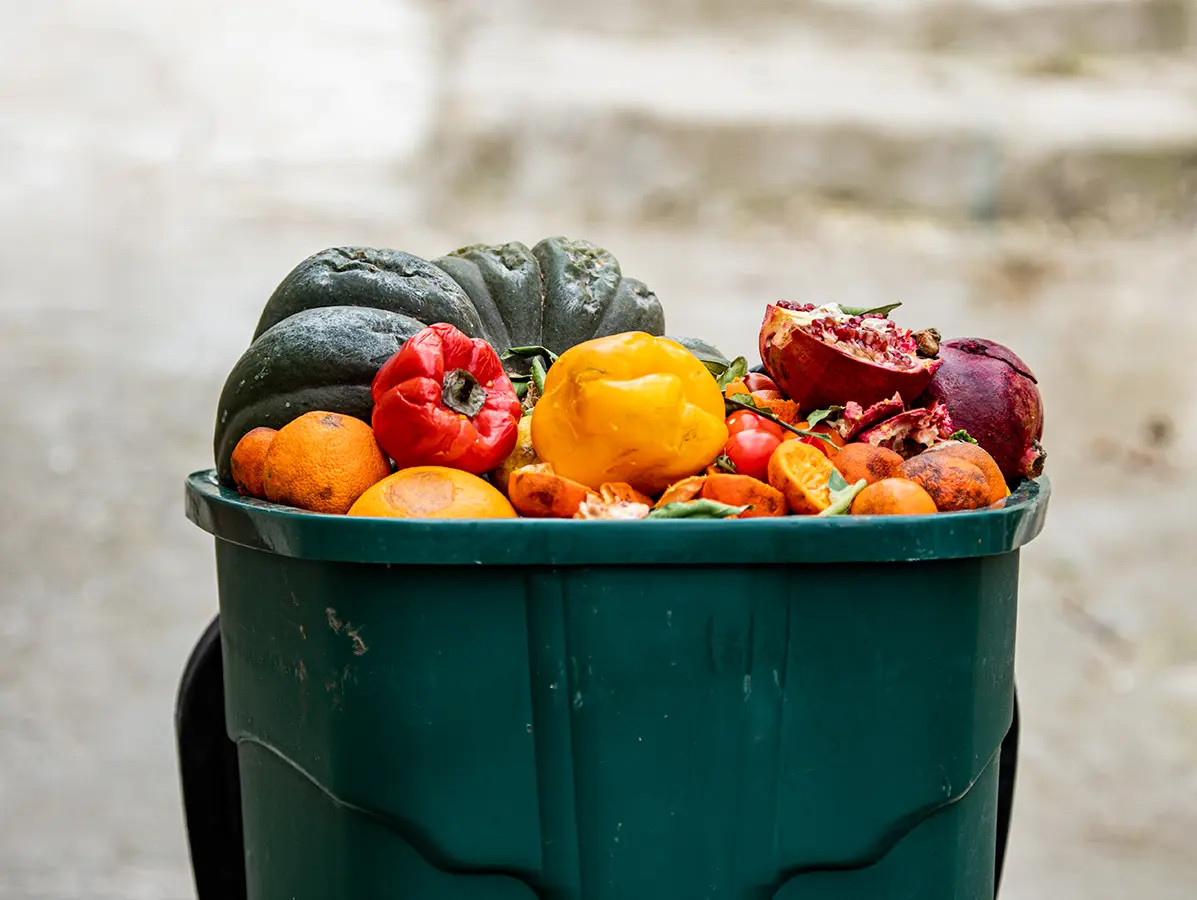
In the Netherlands, approximately 2 billion kilos of food are discarded annually, with significant impacts on food supply, the economy, and the environment. To address this issue, a team at Wageningen University & Research is working within the Food Waste: From Excess to Enough (FETE) project to develop a new food system that reduces waste and optimizes food access. During a recent congress in the Verspillingsvrije Week, researchers shared inspiring ideas and interventions, including initiatives that encourage consumers to share surplus food with their neighbors.
The FETE research team, collaborating with partners such as Iglo, HAK, and Hello Fresh, emphasized that flexible consumer behavior plays a key role in combating food waste. According to Erica van Herpen, associate professor, the urge to keep ample food supplies on hand often leads to waste. “It is essential that both consumers and the system itself become more adaptable,” Van Herpen explained. One of the interventions showed that consumers shopping online benefit from packaging options that better align with their needs, reducing waste. Retailers, for example, can advise customers on smaller packaging sizes that suit their households, a practice proving effective.
Alternative retail concepts, such as Too Good To Go’s “surprise bags,” were also discussed. These surprise packages sell food surpluses without revealing their contents beforehand, encouraging consumers to rescue food. Research shows that consumers typically consume the food they enjoy and either share or give away what they don’t use. Supporters believe that initiatives like these can help reduce waste, especially if consumers are driven by sustainability goals or a desire to try new products.
Researchers are determined to incorporate their findings into a roadmap for a future food system where food waste decreases, and appreciation for food grows.
Source: Wageningen University & Research